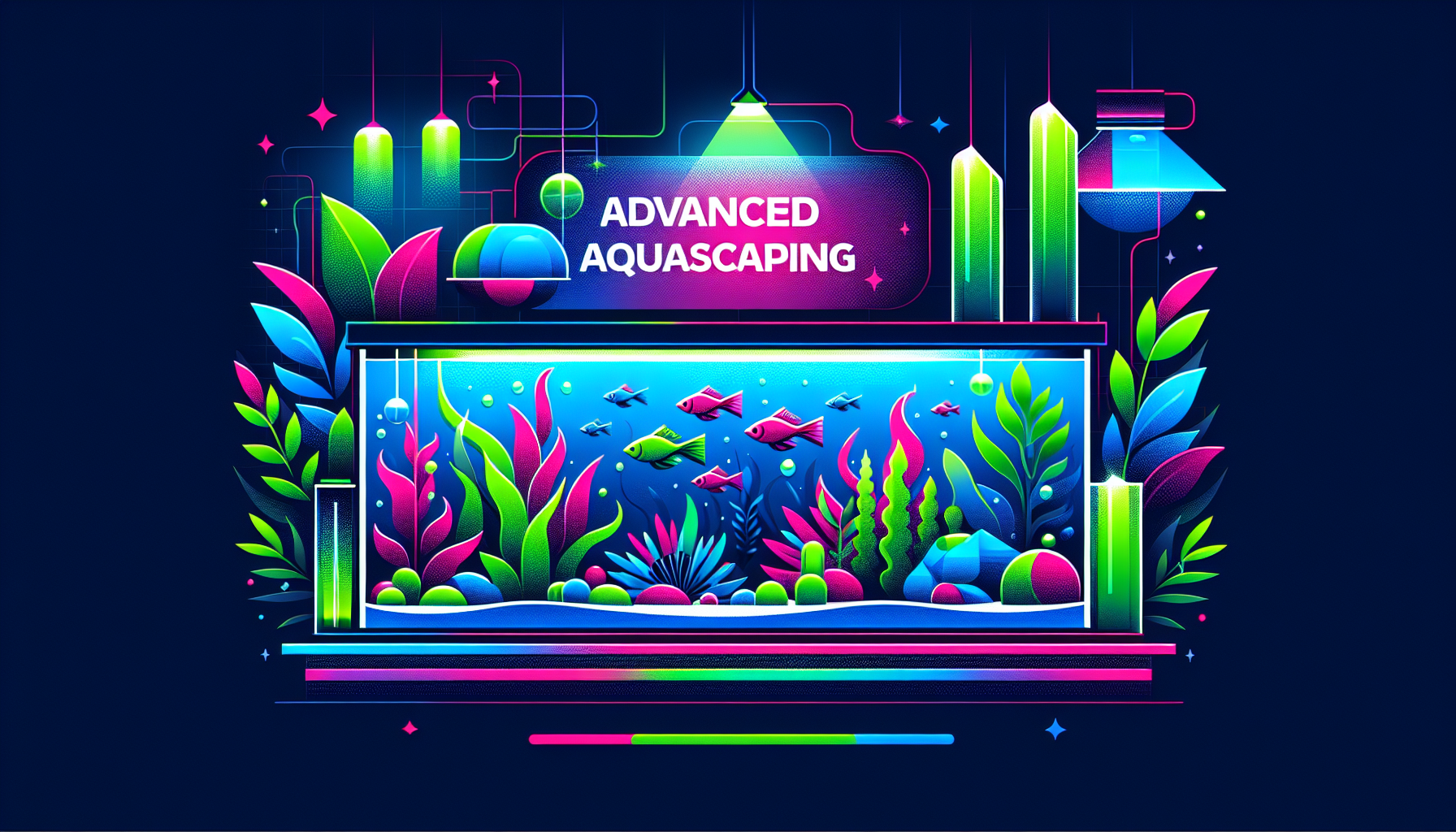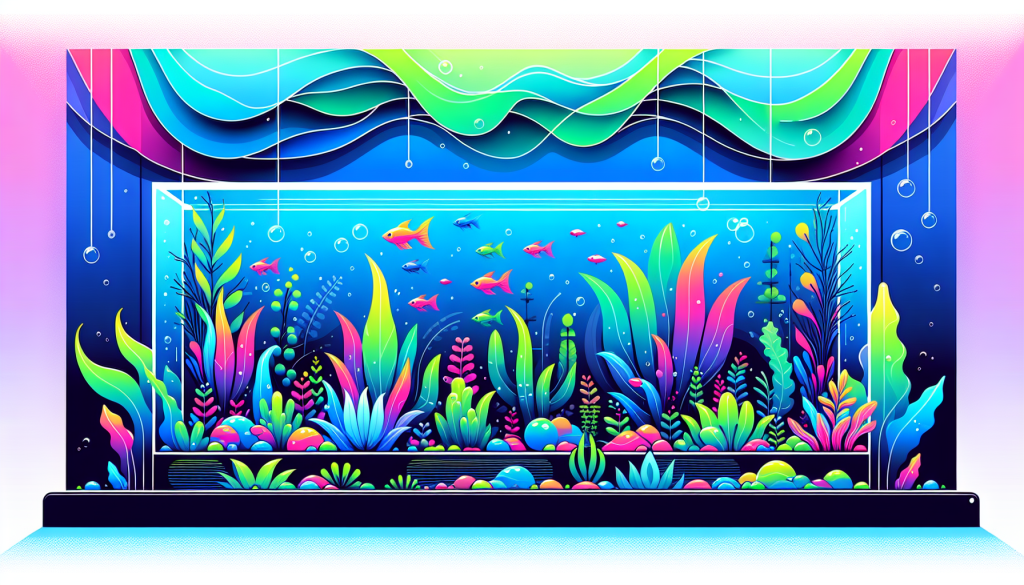How to Habits of Scapers (Advanced Guide)
Are you looking to unlock your full potential as an aquascaper? Mastering the daily habits and refined skills of experienced aquascaping enthusiasts is the secret to creating world-class planted tanks. In this advanced guide, we’ll dive into the essential habits of scapers that can transform your craft, help maintain thriving aquascapes, and bring out your best creativity. Whether you’re aiming to enter aquascaping contests or simply want your aquarium to flourish, this guide is your roadmap.
Why Habits Matter in Advanced Aquascaping
The best aquascapers don’t just have technical skills—they develop routines and mindsets that set them apart. Adopting the right habits will:
- Ensure long-term tank health and plant growth
- Reduce common aquarium problems
- Promote continuous skill improvement
- Inspire creative and sustainable aquascape designs
Let’s break down the key habits of expert aquascapers that you can integrate into your routine.
1. Strategic Planning Before Planting
The journey of every successful scaper begins long before water fills the tank. Advanced scapers:
- Research extensively: Stay updated on aquascaping trends, plant species, and aquarium layouts. See our best aquascaping books for in-depth resources.
- Sketch their designs: Drawing layouts and visualizing hardscape placement minimizes mistakes during setup.
- Develop a planting strategy: Choosing compatible plants, understanding their growth rates, and selecting the right substrate and hardscape yields a balanced scape.
Pro Tip:
Keep an aquascaping journal for recording layouts, plant growth, and water parameters. This helps analyze results and guides future projects.
2. Daily Observation and Micro-Maintenance
One of the defining habits of elite scapers is regular, close observation. Advanced keepers:
- Monitor plant health daily: Look for signs of deficiency, algae, or melting leaves.
- Check livestock behavior: Healthy fish and shrimp are indicators of balanced water conditions.
- Remove debris and trim selectively: Spot cleaning and minor trims prevent the need for drastic intervention later.
- Record minor changes: Note new algae growth or CO2 fluctuation in your journal.
3. Consistent Water Parameter Management
Water quality management is at the core of every thriving aquarium. Pro aquascapers:
- Test parameters regularly: Weekly checks for pH, GH, KH, ammonia, nitrite, nitrate, and phosphate.
- Set a water change schedule: Most advanced tanks benefit from 30-50% weekly water changes. For more, see our guide on aquarium water change tips.
- Dose fertilizers and CO2 consistently: Following a routine ensures stable nutrient and carbon levels.
- Fine-tune based on plant response: Adjust dosages if you see deficiencies or excess growth.
4. Mastery of Algae Control Techniques
Algae is a common challenge even in advanced aquascapes. Habits to keep in check include:
- Prevention over cure: Balance light, CO2, and nutrients from the start instead of relying on chemical treatments.
- Early action: Address small algae spots before they become outbreaks—manual removal is key.
- Use of algae-eating species: Incorporate Amano shrimp, Otocinclus catfish, or Nerite snails as your cleanup crew.
5. Continuous Learning and Community Engagement
Top aquascapers continually push their knowledge and seek out inspiration:
- Participate in aquascaping forums: Learn and share with other enthusiasts. Try communities like Aquascaping Academy’s forums for troubleshooting and idea exchange.
- Watch contest entries and tutorials: Reviewing winning layouts and techniques fuels motivation and inventiveness. See our aquascaping contest inspiration round-up.
- Attend workshops or local meetups: Hands-on learning accelerates skill development.
6. Patience and Long-Term Vision
The most breathtaking planted tanks take months to mature. Advanced scapers:
- Resist over-trimming and frequent rescapes: Let nature develop without constant interference. Observe how the scape evolves over time.
- Celebrate slow growth: High-quality results come from letting plants establish robust root systems and adapt to your tank’s conditions.
- Adapt and iterate: Use patience to learn from mistakes and refine your technique with each new aquascaping project.
Summary Table: Key Habits of Advanced Aquascapers
| Habit | Impact on Aquascaping |
|---|---|
| Strategic Planning | Reduces errors; ensures balanced design |
| Daily Observation | Prevents problems; promotes plant health |
| Water Management | Maintains stability; supports livestock & plants |
| Algae Control | Keeps tank visually stunning; prevents imbalance |
| Continuous Learning | Improves skills; inspires creativity |
| Patience | Mature, natural-looking aquascapes |
Elevate Your Aquascaping Routine Today
Developing the habits of expert scapers is the fastest way to advance your aquascaping journey. With strategic planning, consistent tank care, and continual learning, your aquarium can become a showcase of aquatic artistry. For more specialized techniques, see our other resources on advanced aquascaping tips and in-depth maintenance guides.
If you’re ready to take your skills to the next level, join the Aquascaping Academy newsletter for exclusive tips, contest updates, and step-by-step tutorials.
What advanced habit will you add to your routine this week? Share your progress with us in the comments below!



